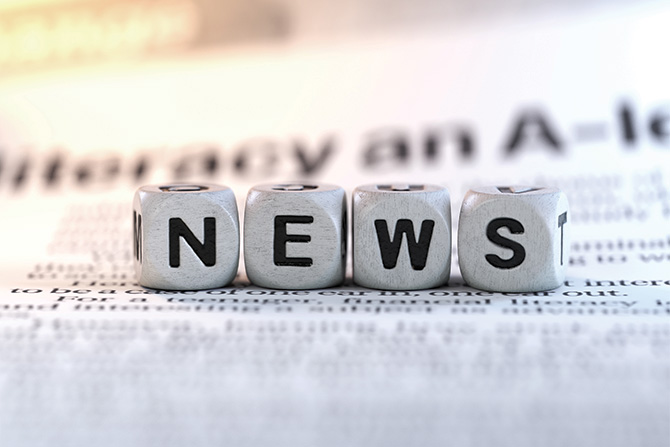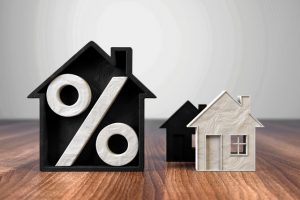NMBA Associate Member Atkinson & Co. Joins CLA
Albuquerque-based Atkinson & Co. joined national professional services firm CLA (CliftonLarsonAllen LLP) in December 2020.
“We’re excited to continue to serve clients as CLA,” said Henry South, Atkinson & Co. managing partner. “We have always believed that serving our clients is an opportunity to know them better. And, when we know clients better, we can align our services to contribute to their growth and profitability.”
As one of the largest New Mexico-owned public accounting and consulting firms serving the Southwest since 1970, Atkinson & Co. has earned a reputation for quality, reliability and personal service. The firm has a long-standing tradition of community involvement. Atkinson & Co. has earned distinction for its workplace policies by Family Friendly New Mexico, a statewide project developed to recognize companies that have adopted policies to give New Mexico businesses an edge in recruiting and retaining the best employees.
“I see a great fit between our firms,” said Georgie Ortiz, managing principal of CLA’s New Mexico office. “By blending our capabilities, we continue to strengthen our commitment to create opportunities for our clients and for our people.”
Bank of America Increases U.S. Minimum Hourly Wage to $25 by 2025
In May, Bank of America announced it would raise its U.S. minimum hourly wage to $25 by 2025. In March last year, the company raised its U.S. minimum wage to $20 per hour.
In addition, Bank of America announced its U.S. vendors would be required to pay their dedicated employees at or above $15 per hour. Today, due to the implementation of this policy, over 99% of the company’s more than 2,000 U.S. vendor firms and 43,000 vendor employees are at or above the $15 per hour rate.
“A core tenet of responsible growth is our commitment to being a great place to work, which means investing in the people who serve our clients,” said Sheri Bronstein, chief human resources officer at Bank of America. “That includes providing strong pay and competitive benefits to help them and their families so we continue to attract and retain the best talent.”
Bank of America’s increase to paying $25 per hour builds on its history of being an industry leader in establishing a minimum rate of pay for its U.S. hourly employees. Since 2010, the company’s minimum hourly wage will have increased by more than 121% (an increase of nearly $14 per hour). In the last four years, Bank of America raised the minimum hourly wage to $15; in 2019, it rose to $17, and in 2020, to $20-one year ahead of schedule.
Wells Fargo Launches Banking Inclusion Initiative
Wells Fargo recently announced the Banking Inclusion Initiative, a 10-year commitment to help unbanked individuals gain access to affordable, mainstream, digitally-enabled transactional accounts – a significant entry point to fully participating in the economy and achieving financial stability. The initiative will focus on reaching unbanked communities and, in particular, helping remove barriers to financial inclusion for Black and African American, Hispanic, and Native American/Alaska Native families, which account for more than half of America’s 7 million unbanked households. It will also assist those underbanked or underserved – individuals who may have a bank account but continue to use high-cost, non-bank services and have similar needs.
Wells Fargo will bring together multiple national and community stakeholders to roll out the broad-based initiative designed to increase access to affordable products, digital banking and financial guidance within unbanked communities. Through this initiative, Wells Fargo also will collaborate with partners to explore solutions to the credit challenges facing unbanked individuals. This year, the bank will work with partners to set and begin measuring a 10-year goal to reduce the number of unbanked people, with milestones along the way.
According to 2019 Federal Deposit Insurance Corp (FDIC) data, 12.2% of Hispanic households, 13.8% of Black households, and 16.3% of American Indian/Alaska Native households in the U.S. do not have access to a mainstream checking account – compared with 2.5% of White and 1.7% of Asian households. The FDIC also reports that while these figures have been trending downward, the number of unbanked households will likely increase in the aftermath of the ongoing COVID-19 pandemic.








